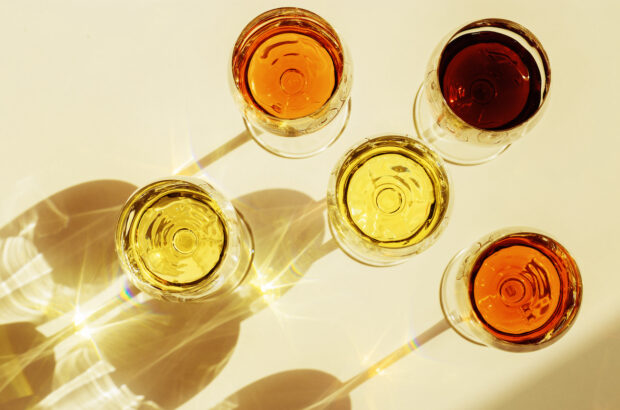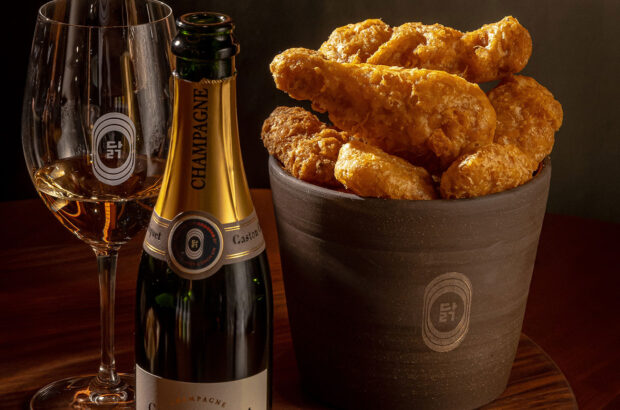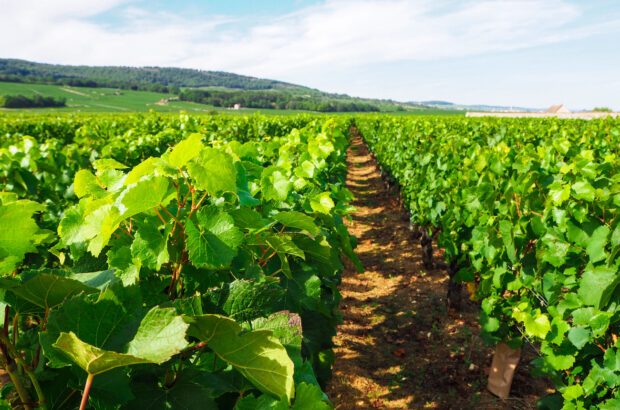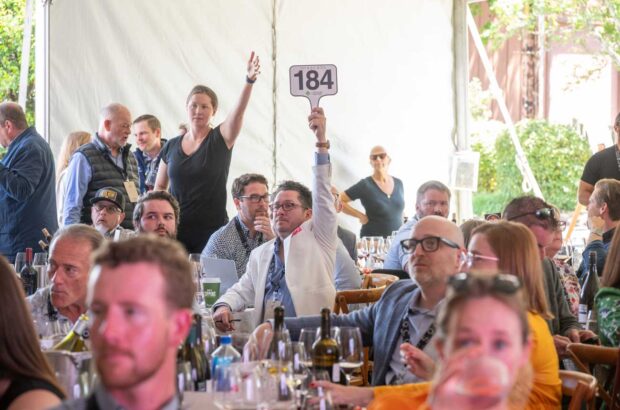Master blender Ron Welsh used some of the oldest vintages from the 1960s to create Bowmore ARC-52: The Mokume Edition.
It is presented in a visually arresting decanter produced by the creative team at Aston Martin, which took inspiration from the black rocks in Loch Indaal, the distillery’s home.
Bowmore ARC-52 was given an estimate of £140,000 to £220,000 when it went under the hammer at Sotheby’s in London.
It ultimately sold for £187,500 (£225,000 including VAT), and all proceeds will go towards a dedicated fund designed to support the community of Islay.
The successful bidder will also receive a luxury trip to the distillery, which includes a tour of Islay in the brand’s first luxury SUV, the Aston Martin DBX Bowmore Edition.
Daryl Haldane, global private client director at Beam Suntory – which owns Bowmore – said: “We are incredibly proud that this auction continues Bowmore’s highly prized single malt status amongst collectors and whisky enthusiasts around the world, who appreciate its craftsmanship and heritage.
‘We are excited to donate the proceeds back to Islay to support vital initiatives for the community providing a positive impact for years to come.’
Jonny Fowle, head of whisky and spirits at Sotheby’s, described it as encapsulating ‘all the hallmarks of a collector’s perfect whisky’ – a liquid of exceptional quality, never to be bottled again, housed in an exceptional vessel.
‘Bowmore’s ARC-52 Mokume Edition is as much a masterpiece of design as it is an exclusive whisky,’ he said after the auction. ‘These two legacy British brands have produced something that is visually spectacular to house a totally unique liquid time capsule.
‘Today’s most dedicated collectors aim not only to collect legendary bottles, but particularly those which are unique. The price achieved for the Mokume is testament to this.’
Marek Reichman, the chief creative officer and executive vice president at Aston Martin, wanted the decanter to be an objet d’art that pays homage to the rugged coastline that the distillery straddles.
His team used a Japanese metalworking technique called ‘Mokume-Gane’ to create the effect, which aims to imitate the black rocks in the bay of Loch Indaal and the charred cask the whisky was aged in.






